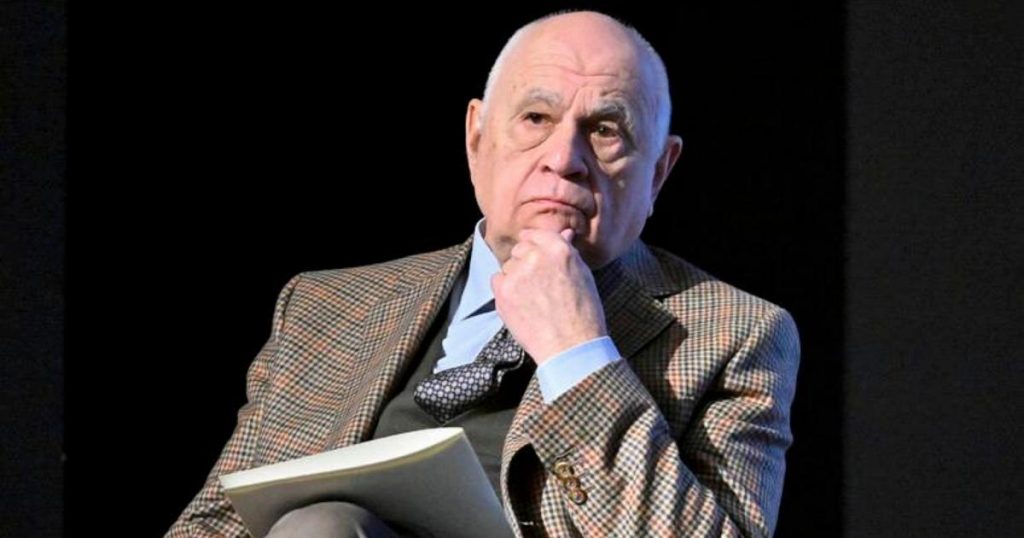The introduction of psychometric tests for access to the profession of magistrate is currently being worked on while waiting for the Council of Ministers. The proposed law aims to establish the framework for future regulations, which will specify the procedures for conducting the tests. Initially, the law focused on determining the contents of the tests, leaving it to qualified experts to assess the psychological aptitude for judicial functions. The Minister of Justice, in collaboration with the Superior Council of Magistrates, would be responsible for appointing expert commissions and evaluating the test procedures.
The National Magistrates Association (ANM) expressed concerns about the government’s introduction of these tests without parliamentary approval. The President of ANM, Giuseppe Santalucia, criticized the vague nature of the proposed law, suggesting it could undermine the independence of magistrates by subjecting them to psychological scrutiny. However, the Vice Minister of Justice, Francesco Paolo Sisto, emphasized the importance of caution and transparency in applying psychometric tests to ensure the autonomy and independence of magistrates in accordance with the Constitution.
The Police Union Coisp supported the idea of psychometric tests for magistrates, considering them essential for selecting reliable and competent individuals to administer justice in society. They pointed out that magistrates have the privilege of carrying firearms without a license, highlighting the need to assess their psychological balance and suitability for such a crucial and sensitive role. Domenico Pianese, the Secretary General of Coisp, emphasized the importance of ensuring that magistrates are not only legally competent but also psychologically stable.
Enrico Aimi, a councilor of the Superior Council of Magistrates (Csm), viewed the introduction of psychometric tests as a way to recognize the fundamental role of the judiciary in a democratic country like Italy. He stressed that these tests should not be seen as punishment for magistrates or constraints on the judiciary, but as a means of ensuring the highest level of professionalism in the legal profession. Aimi highlighted the importance of possessing mental balance as a prerequisite for becoming a magistrate, given the societal impact and ethical responsibilities that come with the role.
The discussion surrounding psychometric tests for magistrates reflects a broader debate on the safeguards and qualifications required for individuals entrusted with dispensing justice in a democratic society. While some view these tests as necessary measures to ensure the psychological stability and competence of magistrates, others raise concerns about potential infringements on judicial independence and the need for transparency in the selection process. Ultimately, the decision on whether to implement psychometric tests for magistrates will depend on balancing the need for robust qualifications with respect for the constitutional principles of autonomy and impartiality in the judiciary.















